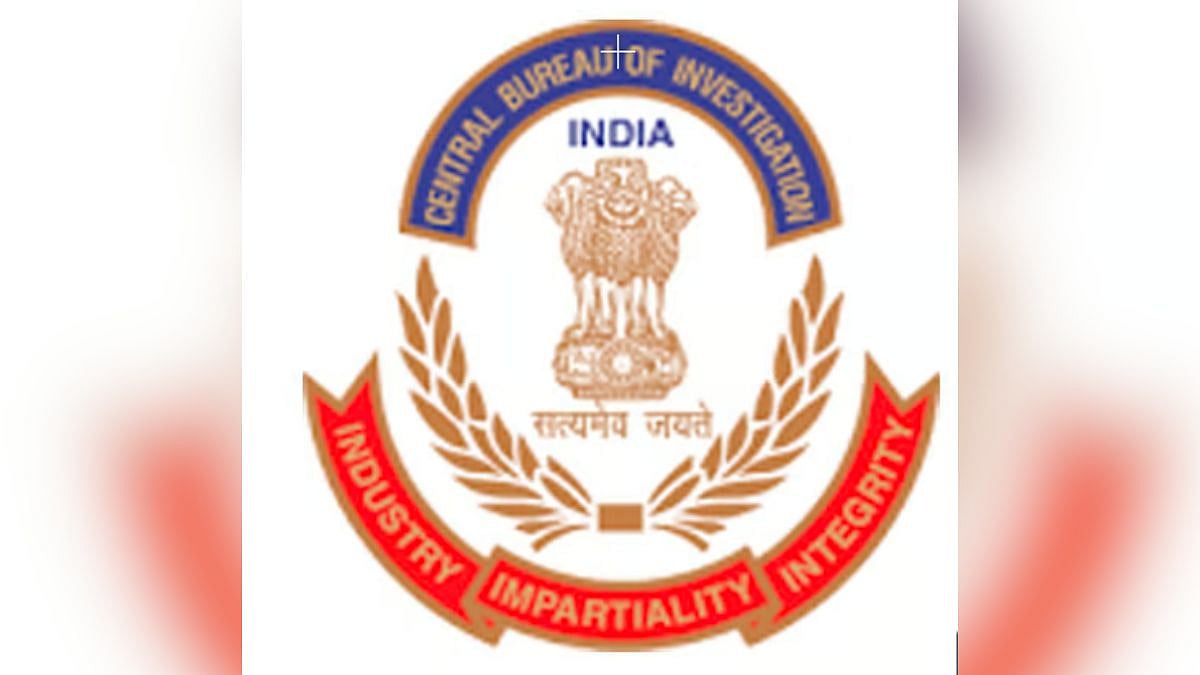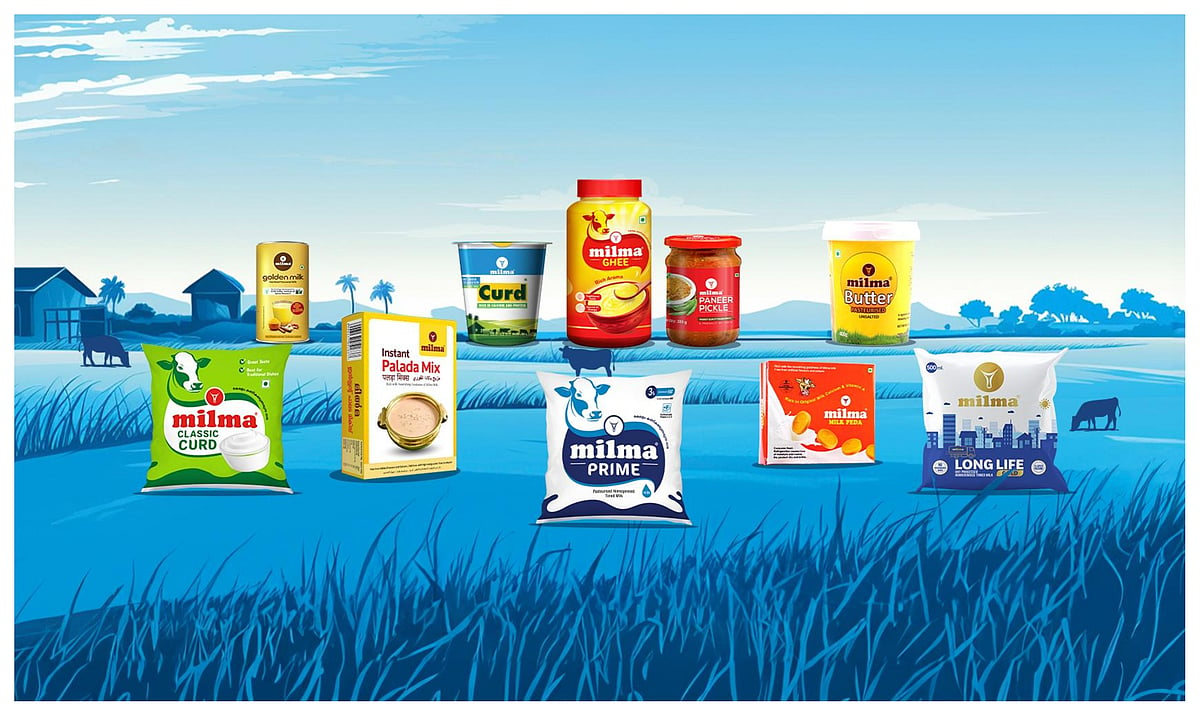Despite inflation remaining above its tolerance level of 6 per cent for two straight months, the Reserve Bank of India decided against raising interest rates in April. The move came as the central bank prioritised growth in the face of a global recession, by preventing borrowing costs from going up.
Providing further respite to the RBI, the consumer inflation in India has dropped below its threshhold to 5.66 per cent.
Greens bring relief but pulses eat into gains
Falling vegetable prices helped ease inflation, while a surge in the rates of cereals prevented it from dropping further.
The data for March also showed that rural inflation was lower at 5.51 per cent, compared to urban inflation at 5.89 per cent.
Food prices swayed retail inflation, since households spend a large chunk of their budgets on fruits, vegetables, pulses and dairy in India.
Erratic climate remains a concern
Rising prices of cereals such as wheat have remained a concern, since unseasonal rains in several parts of the country have damaged crops.
Prices of milk and other dairy products have also been rising with demand, and are expected to stay high till Diwali.
Inflation for March has eased more than expected, since it was projected to fall from 6.44 per cent to 5.80 per cent.
Before halting rate hikes this month, RBI had raised repo rate by 250 basis points since May 2022, to control cashflow and demand for tackling inflation.











